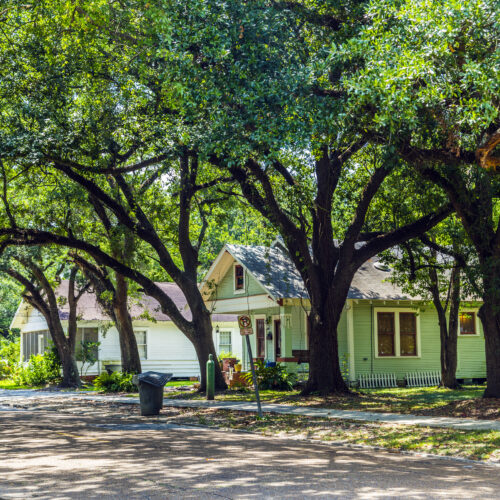Louisiana
The state of Louisiana administers almost all indigent defense services in adult criminal trials. A single local government administers its own services. The state primarily funds indigent defense, with some locally generated non-government funding. A state office provides oversight of state-administered services.
The state of Louisiana funds and administers all indigent defense services for adult criminal cases in its appellate courts. A state office is responsible for providing oversight of services statewide.
-
63 Parishes Primarily State Funded
-
1 Parish Primarily Locally Funded
-
63 Parishes State Administered
-
1 Parish Shared State and Locally Administered
-
63 Parishes with No Commission, But Statewide Authority
-
1 Parish with No Commission and Limited Authority
-
64 Parishes State Funded
-
64 Parishes State Administered
-
64 Parishes with No Commission, But Statewide Authority
The state of Louisiana administers indigent defense services in every court of the state, except for one municipal court in Morgan City where the local government funds and administers its own services. State-administered services are regionalized by judicial districts, each managed by a district public defender who has the authority to determine the delivery model for the district, so long as it can meet state standards. Public defender offices and private attorneys under contract are the main providers of services. The state also funds contracts with non-profits to supplement services in capital trials, appeals, and post-conviction matters.
The Office of the State Public Defender is responsible for providing oversight of all services across Louisiana, except for in Morgan City municipal court. The governor appoints the state public defender. A nine-member advisory board, with most of its members also appointed by the governor, must approve the selection. The state public defender has the authority to hire district public defenders and to establish and enforce standards. Though state-administered services are funded first through locally generated fines and fees (mainly fees assessed on traffic tickets) and then through state allocations, the state has become the primary funder as revenues generated by fees have declined.
The Office of the State Public Defender administers indigent defense services for all adult criminal appeals. The state public defender contracts with two non-profit organizations, one to provide services in all non-capital felony appeals statewide and the other to provide representation in capital appeals statewide. There is no right to direct appeals in misdemeanor cases.
The governor appoints the state public defender. A nine-member advisory board, with most of its members also appointed by the governor, must approve the selection. The state public defender has the authority to establish and enforce standards.
Dig Deeper
How is the state public defender selected?
Who serves on the advisory board?
How does state funding work given the reliance on non-governmental alternative revenue?
How is the state public defender compensated?
In which branch of state government does the indigent defense system reside?
Support Our Work
Criminal justice issues that disproportionately harm poor people, such as wrongful convictions and over-incarceration, cannot be fixed if indigent defendants are given attorneys who do not have the time, resources, or qualifications, to be a constitutional check on government. Yet, investment in improving indigent defense services remains largely neglected. The Sixth Amendment Center is the only nonprofit organization in the country that exclusively examines, uncovers, and helps fix the root of the indigent defense crisis in which inequality is perpetuated because poor defendants do not get a fair fight.
The Sixth Amendment Center is a tax-exempt 501(c)(3) nonprofit organization under EIN: 45-3477185.
Donations are tax-deductible to the fullest extent allowable under the law.







